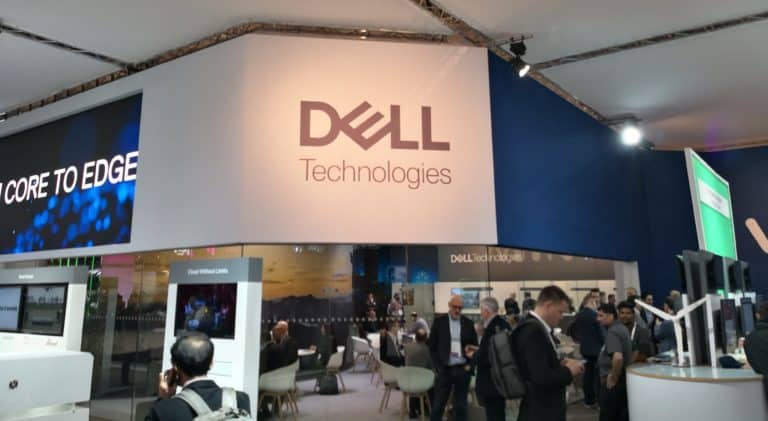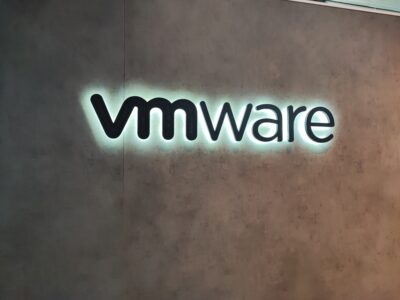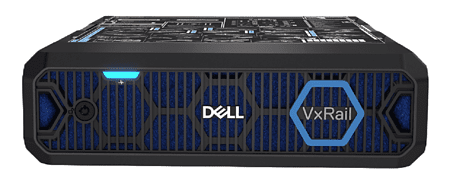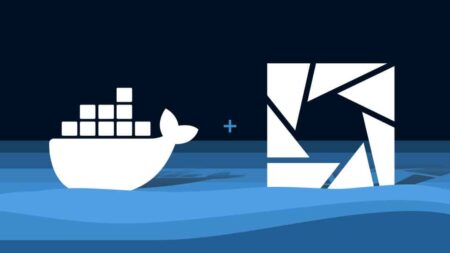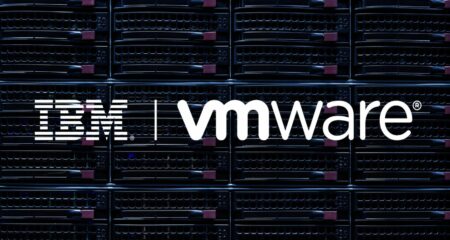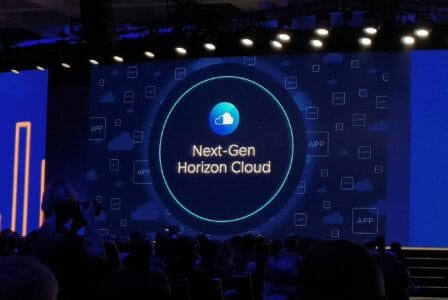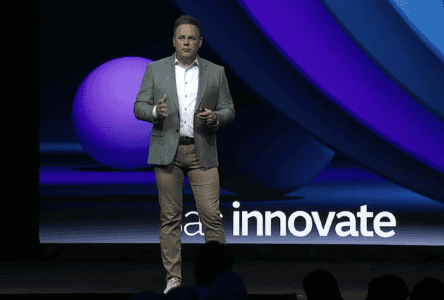Dell has announced a number of updates to the Dell Technologies Cloud at VMworld. The running of Kubernetes, among other things, is made possible by support for VMware PKS.
Dell will also support the hybrid cloud by combining VMware cloud software with Dell EMC’s infrastructure. In this way, companies that want to migrate from the on premise to the hybrid cloud can achieve a smooth transition.
On Kubernetes, Dell wants to support both traditional VMs and Kubernetes. This is done by VMware PKS on the Hyper-Converged Infrastructure Dell EMC VxRail. This means a single platform for both cloud-native workloads and traditional VMs.
In addition, for companies that need to build their infrastructure from scratch, Dell offers a number of ready-to-use templates. These have already been tested and therefore provide a better guarantee of a well-functioning system. These Validated Designs are available for Dell EMC PowerMax and Dell EMC Unity storage arrays. Validated designs are also supported for Dell EMC PowerEdge MX servers.
Features of VMware Cloud on Dell EMC
VMware Cloud on Dell EMC, Dell’s Data Center as-a-Service solution, is now also available. The most recent version of VxRail used for this purpose has a number of new features. For example, performance has been improved by up to 28 percent and latency reduced by up to 30 percent. This is due to the use of the latest Intel and Dell DMC PowerEdge server technology. There is also Fiber Channel support for IO and storage-intensive workloads on VxRail. In addition, there are new Nvidia GPU capabilities for graphics, machine learning and virtual data centers. Moreover, VxRail is as safe as possible thanks to the Common Criteria certificate.
Dell Technologies Cloud will become available through a Flex-on-Demand model. This means that customers only pay for the technology they actually use. In this way, Dell wants to give companies the opportunity to grow by using Dell solutions.
This news article was automatically translated from Dutch to give Techzine.eu a head start. All news articles after September 1, 2019 are written in native English and NOT translated. All our background stories are written in native English as well. For more information read our launch article.